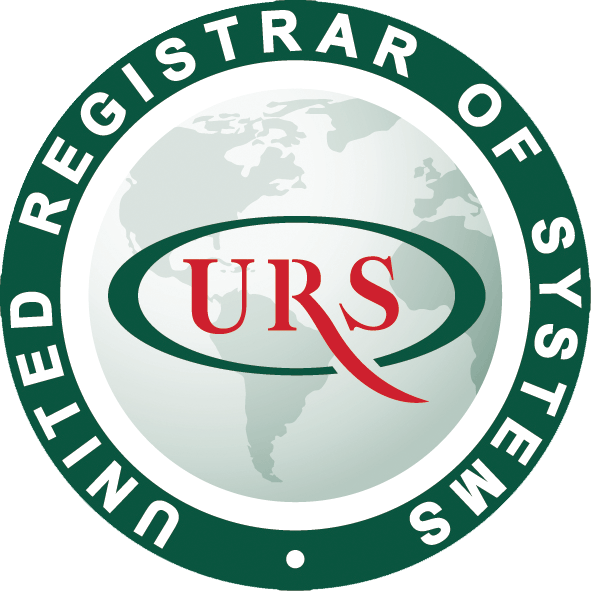In a world where food safety and quality are paramount concerns for consumers and regulatory bodies alike, the ISO 22000 certification stands as a cornerstone in the food industry. This certification establishes a comprehensive framework for food safety management systems, enabling organizations to identify and mitigate potential hazards, ensuring the safety and quality of the food products they produce. In this blog post, we will delve into the significance of ISO 22000 certification, its core components, and the far-reaching benefits it offers to the food industry.

Understanding ISO 22000 Certification:
ISO 22000 is a globally recognized standard that outlines the requirements for a food safety management system. It provides a systematic approach for organizations involved in the production, processing, distribution, and handling of food products to ensure the safety of these products throughout the supply chain. Key elements of ISO 22000 certification encompass:
- Hazard Analysis: Identifying potential biological, chemical, and physical hazards that can affect food safety and implementing measures to control or eliminate them.
- Prerequisite Programs: Establishing and maintaining fundamental hygiene practices such as sanitation, pest control, and facility design.
- Operational Prerequisite Programs (OPRPs): Implementing critical control measures to address specific food safety hazards.
- Traceability and Recall: Developing systems to trace the movement of food products throughout the supply chain and effectively manage recalls if necessary.
- Documentation and Records: Creating and maintaining comprehensive documentation of food safety policies, procedures, and records.
Benefits of ISO 22000 Certification:
- Consumer Confidence: Certification assures consumers that food products meet stringent safety and quality standards, enhancing trust in the brand.
- Regulatory Compliance: ISO 22000 aligns with food safety regulations worldwide, reducing the risk of non-compliance and associated penalties.
- Market Access: Certification opens doors to international markets by demonstrating conformity to global food safety requirements.
- Risk Reduction: Effective hazard analysis and control measures minimize the potential for foodborne illnesses and contamination.
- Operational Efficiency: Streamlined processes lead to improved resource utilization and reduced waste in the food production cycle.
Food Safety Management System is a testament to an organization’s commitment to ensuring food safety, quality, and regulatory compliance. By embracing this standard, food-related businesses can foster consumer confidence, expand their market reach, and contribute to a safer and healthier global food supply chain. From farm to fork, ISO 22000 plays a pivotal role in safeguarding food products and the well-being of consumers, making it an indispensable asset for the modern food industry.
